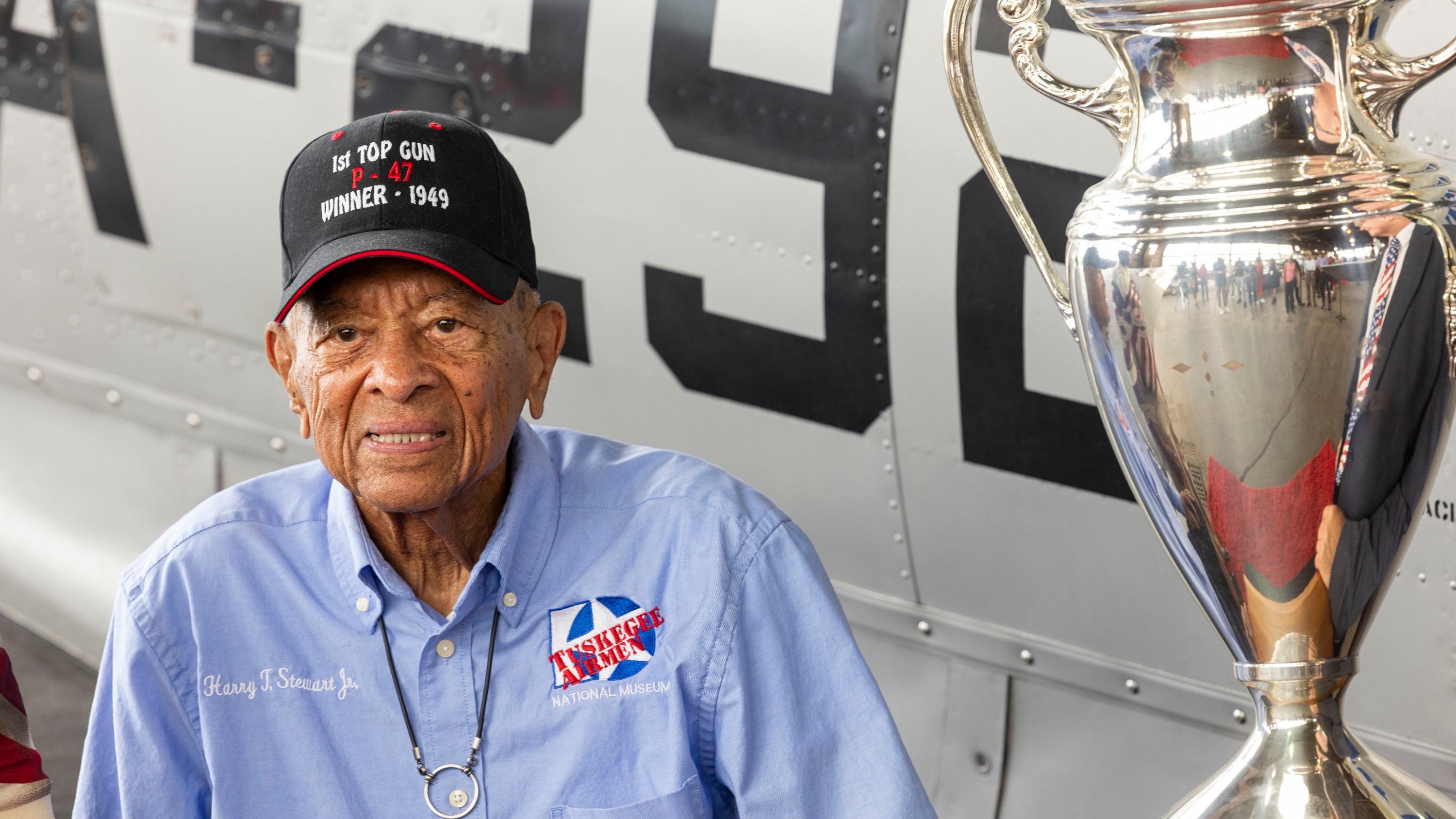
Harry Stewart Jr., a pioneering Tuskegee Airman and decorated World War II combat pilot who helped break racial barriers in military aviation, passed away peacefully at his home in Bloomfield Hills, Michigan. His death was announced by the Tuskegee Airmen National Historical Museum on February 2.
Born on July 4, 1924, in Virginia, Stewart developed a passion for aviation in his childhood while watching planes at LaGuardia airport. At age 18, he joined a groundbreaking program in Alabama that trained Black military pilots following the Pearl Harbor attack.
As part of the distinguished 332nd Fighter Group, Stewart flew 43 combat missions over Germany during World War II. His exceptional service earned him the Distinguished Flying Cross after he shot down three German aircraft in a single dogfight on April 1, 1945. In 1949, Stewart was among four Tuskegee Airmen who claimed victory in the U.S. Air Force Top Gun competition's propeller plane category, though their achievement wasn't properly recognized until decades later.
Despite facing racial discrimination in the Jim Crow South during training, Stewart remained focused on his duty. "I did not recognize at the time the gravity of what we are facing. I just felt as though it was a duty of mine at the time. I just stood up to my duty," he told CNN in a 2024 interview.
Post-war racial barriers prevented Stewart from pursuing his dream of becoming a commercial airline pilot. Undeterred, he earned a mechanical engineering degree from New York University and continued serving in the Air Force Reserve as an instructor and test pilot. He was recalled to duty during the Korean War and eventually retired as a Lieutenant Colonel in the 1960s. Stewart later became vice president of a natural gas pipeline company in Detroit.
"Harry Stewart was a kind man of profound character and accomplishment with a distinguished career of service he continued long after fighting for our country in World War II," said Brian Smith, president and CEO of the Tuskegee Airmen National Historical Museum.